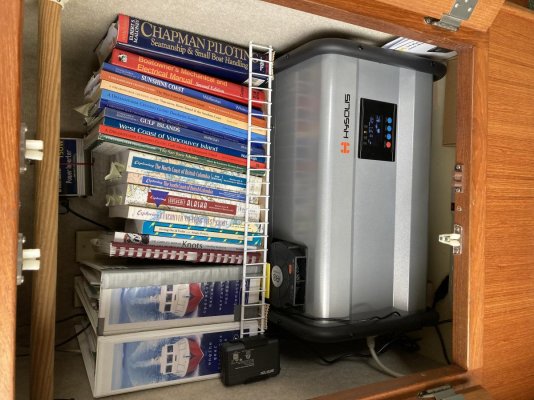Just read about how Tesla is not only switching to 48vdc as its system voltage, but that Musk has been writing to other vehicle manufacturers with a white paper as well.
It’s wonderful to see this. We know that the switch to the 12v standard was also driven by autos many decades ago, and this is what we need to help push 48v forward in the marine industry, which will eventually lead to more commonly available components of all sorts, with lower prices as well.
It will be a great sign when you see 48v bilge pumps and affordable alternators becoming available.
https://insideevs.com/news/656775/tesla-switch-48v-voltage-system/amp/
It’s wonderful to see this. We know that the switch to the 12v standard was also driven by autos many decades ago, and this is what we need to help push 48v forward in the marine industry, which will eventually lead to more commonly available components of all sorts, with lower prices as well.
It will be a great sign when you see 48v bilge pumps and affordable alternators becoming available.
https://insideevs.com/news/656775/tesla-switch-48v-voltage-system/amp/

